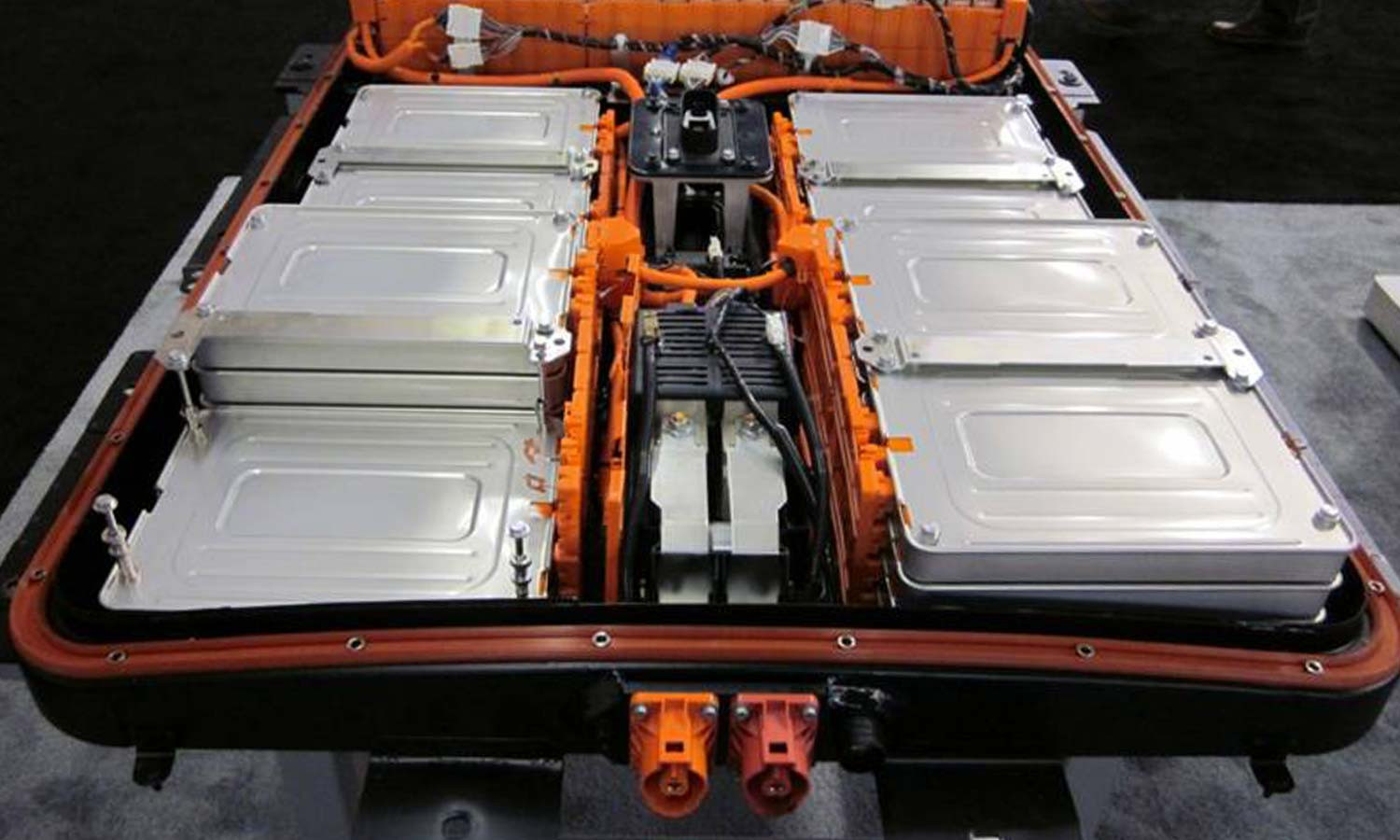Retired EV Batteries: A New Life Cycle for Sustainability & Profit
The rapid growth of the electric vehicle (EV) sector has brought with it a critical challenge: the sustainable management of retired lithium-ion batteries (LIBs). As EVs age, their batteries lose capacity and performance, eventually reaching their end-of-life (EOL). However, instead of simply discarding these batteries, Researchers and industries are increasingly focusing on their reuse and recycling, creating a circular economy for LIBs.
Extending Battery Lifespans: Reuse and Recycling
The concept of battery reuse aims to extend the batteries' useful lifetime by repurposing them for applications with lower energy demands. These applications can include energy storage systems (ESSs), communication base stations (CBSs), and low-speed vehicles (LSVs). This approach not only reduces the demand for new batteries and raw materials but also helps lower the cost of energy systems.
When batteries are no longer suitable for reuse, recycling comes into play. This involves dismantling batteries to recover valuable materials such as lithium, nickel, manganese, and cobalt, minimizing waste and ensuring resource recovery. Various recycling technologies exist, each with its economic and environmental implications. Hydrometallurgical, pyrometallurgical, and direct recycling methods are commonly employed, with the choice depending on factors such as the battery type and its state of health (SOH).
Optimizing Pathways for Economic and Environmental Sustainability
To maximize the economic and environmental benefits of managing retired EV batteries, a comprehensive pathway decision strategy is crucial. This strategy should consider the entire life cycle of the battery, from production to EOL management, while taking into account various reuse scenarios and recycling technologies.
A Holistic Approach to Battery Retirement: Balancing Economic and Environmental Factors
The study focuses on two prominent cathode chemistries: lithium nickel manganese cobalt oxide (NMC) and lithium iron phosphate (LFP). The researchers evaluated the economic performance and carbon footprint of different reuse scenarios and recycling technologies for these battery types with various SOHs.
Economic Performance and Profitability
The analysis revealed that LFP batteries generally perform better than NMC batteries due to their longer lifespan and higher efficiency. Both ESS and CBS scenarios proved to be profitable, with ESS outperforming CBS due to larger photovoltaic (PV) systems. Within ESS, the light industry scenario was the most profitable, while CBS profitability was linked to load size. Batteries with higher SOHs yielded better unit battery profit in ESS and CBS due to longer lifespans.
Environmental Impact and Carbon Footprint
The study found that SLBs are both economically beneficial and environmentally friendly. Recycling, especially direct recycling, offers significant environmental benefits, with lower energy consumption and reduced carbon footprints compared to traditional pyrometallurgical and hydrometallurgical technologies.
The Optimal Pathway: A Strategy for Sustainable Battery Management
Based on the comprehensive analysis, the researchers developed a prioritized pathway for different battery types and SOH levels, aiming to maximize economic and environmental benefits. This optimal pathway involves a combination of refurbishment, reuse, and recycling, offering a significant advantage over the traditional pathway of direct retirement after EV use.
The Future of Battery Management: Addressing Challenges and Fostering a Sustainable Ecosystem
The study highlights the importance of a holistic approach to battery retirement, considering multiple stakeholders and factors. Challenges remain, including safety concerns, complex disassembly processes, and the influence of user behaviors. Government incentives and data-driven platforms will play crucial roles in fostering a sustainable battery ecosystem.
Key Takeaways and Future Directions
This research provides valuable insights into the economic and environmental benefits of repurposing and recycling retired EV batteries. The proposed pathway decision strategy offers a framework for sustainable battery management, maximizing economic returns while minimizing environmental impact. Future research should focus on integrating considerations such as battery safety, automation in disassembly, human behavior, extended reuse scenarios, advanced recycling processes, business models, and government policies.
This research offers a roadmap for a more sustainable future for the battery industry, fostering a circular economy and responsible waste management practices. As the demand for EVs continues to grow, implementing such strategies will be crucial for ensuring a sustainable transition to electric mobility.

















